Brock Yates, A Retrospective
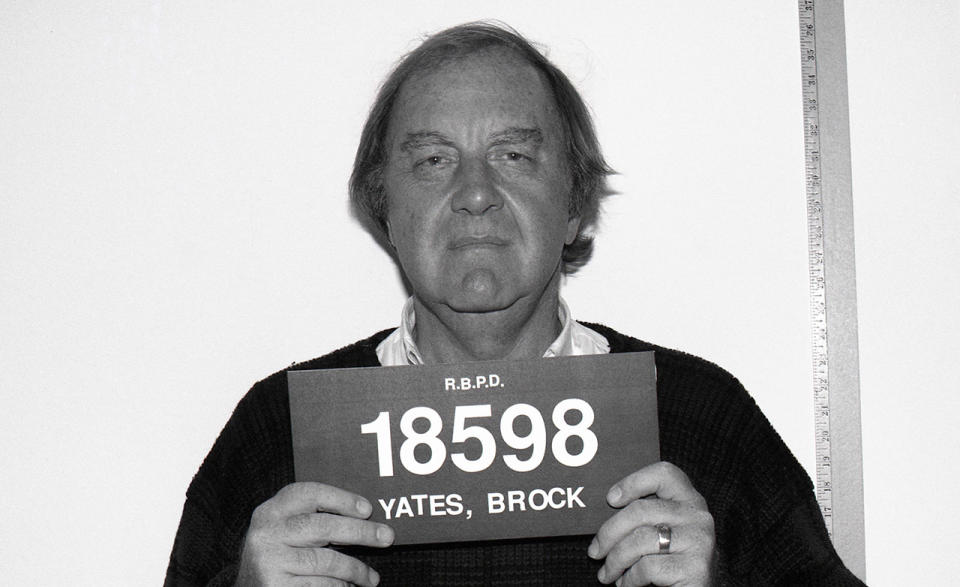
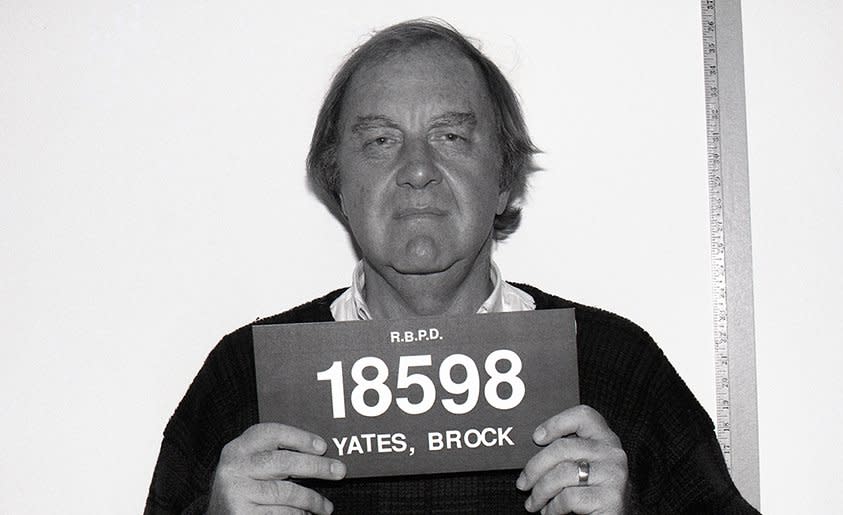
From C/D to UHF: Brock Yates Cut a Broad Swath across Gearhead Consciousness
“So you fly across the United States and stand around in the open portals of the Ontario, California, airport, in there with the lean, watery-eyed nouveau-hillbillies who increasingly dominate the Golden State’s destiny . . . and if you look taciturn enough, people will sure as hell think you are a race driver.” Brock Yates wrote that sentence in 1972. It’s on the first page of his book Sunday Driver. It remains this writer’s favorite line the man penned during his lifetime, a span that ended October 5, 2016, due to complications from Alzheimer’s disease.
If you grew up in the 1980s, perhaps beset on many sides by just the people Yates describes above, your first exposure to the man wasn’t through his books or his writing in the pages of Car and Driver. It was on UHF television. In the days before Fox and the CW, when the networks held a stranglehold on only the VHF bands, the channels at the far end of the dial made their bones showing syndicated shows from the 1950s and ’60s, as well as render-safe versions of relatively recent films. UHF is the reason “scum bum” lives on in the subconscious of anybody who ever watched Smokey and the Bandit on the small screen. It was years before many of us knew that Jackie Gleason’s Buford T. Justice’s exhortation of choice was actually “sumbitch.”
Through his friendship with director Hal Needham, Yates wound up writing the second installment of the Smokey and the Bandit series—the one in which our lovable heroes steal an elephant from quarantine. In retrospect, screenwriting wasn’t Brock’s bag. The man, handy as hell with a phrase, a hard charger with an idea and unquestionably one of the finest scribes to put pen to paper on the subject of the automobile, wasn’t exactly Hollywood material. Regardless, in the early 1980s, both Smokey and the Bandit II and The Cannonball Run stood as UHF staples. At some point later in one’s childhood, one might have heard hushed, unconfirmed whispers that the Cannonball had been a real thing. At some point, you’d discover that Yates was the guy behind it, that he’d played Captain Chaos to Needham’s J.J. McClure in the very ambulance used in the film.
In the early 1990s, you couldn’t just plug in your 2400-baud modem and peruse C/D’s archives. So you’d read Yates in the present tense, waiting for dribs and drabs of information from the past to trickle through the pages of the magazine, perhaps knowing of stories like “Escape from Baja” for years before you finally had a chance to read them. If people cared about Motor Trend largely because of its annual Car of the Year, C/D’s opinion was assigned credence because the mag was unrelentingly intelligent and had a reputation for brashness. It was a reader’s magazine—a publication to be savored. And if the late David E. Davis, Jr., set the tone, Yates was that tone’s mascot and ambassador.
Brock carried the banner for freedom, for excellence, and for the love of a good automobile, although sometimes he’d settle for a semi-okay automobile and where it could take you, as he did when he and Jim Williams drove a lifted, post-oil-crunch C3 Corvette up and down the muddy Alaska Highway. By Yates standards, it’s a quiet, meditative piece—his greatest potshots are reserved for Patty Hearst and Jackie Onassis—and he spends much of the two-part story marveling at nature rather than playing up the accomplishments of men or lobbing withering broadsides at their follies.
Of remote expanses he encountered on the trip, Yates wrote: “The Yukon, where you need a high-powered radio receiver to hear static; where grizzly bears outnumber people and eagles float without novelty in the skies above; where man is a mere visitor stuck to the ground with no more permanency than a tent stake.”
But permanence of any sort is a mere illusion; such are the fickle shifts of the universe. We get a finite, uncertain shot in life, and if we’re gifted and lucky, we’ll inspire a few people along the way. In his 82 years on Earth, Brock Yates left an indelible mark on those close to him, on this publication, on generations of readers, on the cultural zeitgeist of early 1980s America, and, indeed, on the way the history of the automobile has been and will be recorded. We’re lucky he was on our side. —Davey G. Johnson
A Selection of Brock's Best
March 1972 July 1983 November 1965
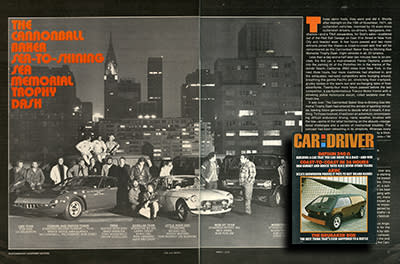
The Cannonball Baker Sea-to-Shining Sea Memorial Trophy Dash
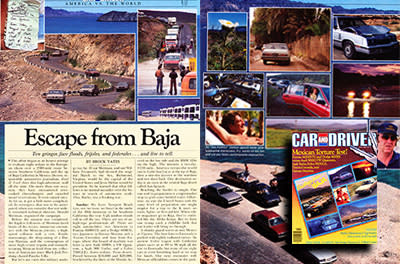
Escape From Baja: Mexican Sports-Sedan Torture Test

Hot Ride at RiversideFebruary 1976 March 1976 October 1976
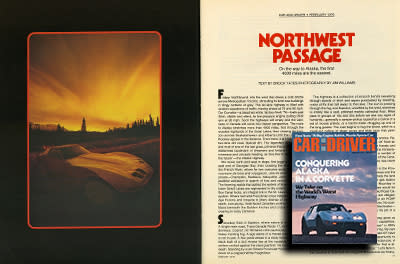
Northwest Passage
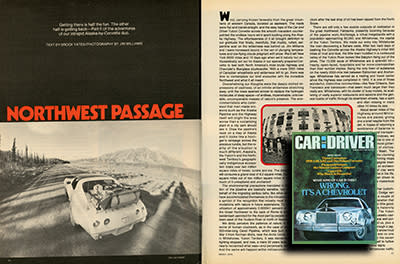
Northwest Passage Part II
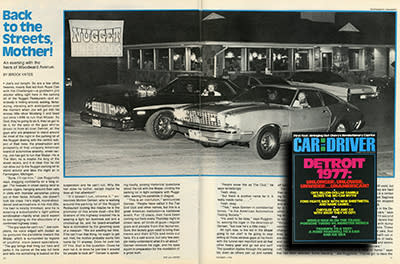
The Heirs of Woodward Avenue: Detroit's 1970s Street-Racing CultureFebruary 1969 April 1967 October 1987
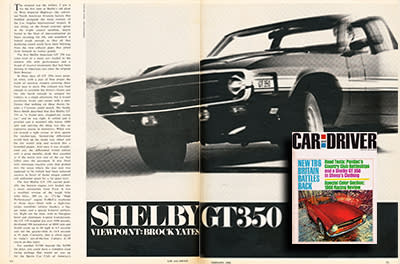
1969 Ford Mustang Shelby GT350 Convertible

Chevrolet Corvette Grand Sport

Lamborghini LM002

 Yahoo Autos
Yahoo Autos 